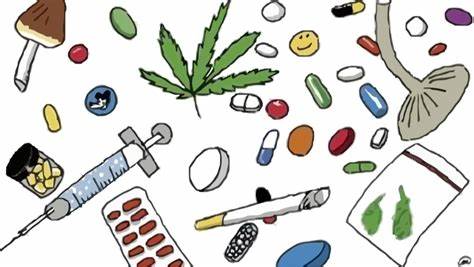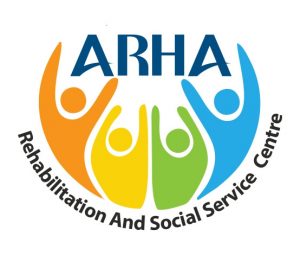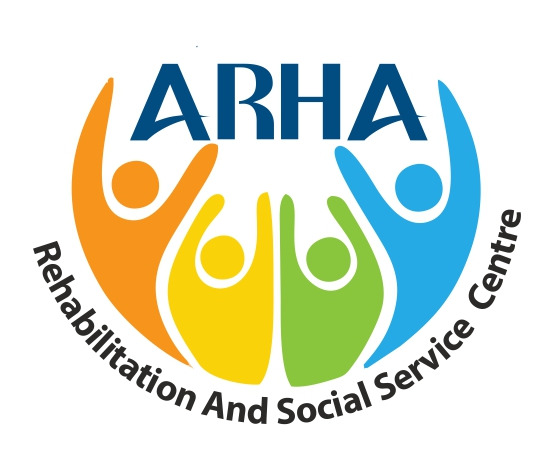
DRUG/ SUBSTANCE ADDICTION
DRUG/ SUBSTANCE ADDICTION is a serious and challenging issue that requires specialized treatment and support. Arha Rehabilitation and Social Service Centre is dedicated to providing compassionate and evidence-based addiction treatment for individuals struggling with substance abuse disorder. Led by experienced substance abuse therapists and addiction specialists, the rehab center offers comprehensive programs to address the physical, emotional, and psychological aspects of addiction. Through a holistic and personalized approach, Arha aims to guide individuals on a path of recovery, healing, and renewed hope for a brighter future.
Substance abuse disorder, or Drug addiction is a progressive that causes people to lose control of the use of some substance despite worsening consequences of that use. Addiction is not a problem if will power o morality. the drugs change the brain in a way that makes quit physically and mentally difficult. Overtime, the brain become desensitized to the drug of abuse so that more of the drug must be used to produce the same effect . As the person consumes more, drugs start to take over the person’s life.
Substance Abuse:
* Mental health disorders such as Depression, ADHD or PTSD can increase the likelihood of becoming addicted to drugs.
* Peer pressure and society is a strong factor in starting to use and misuse drugs, particularly for young people.
* Using drugs at an early age can cause changes I the developing brain and increase the likelihood of progressing to drug addiction.
* Some drugs, such as stimulants, cocaine or opioid painkillers may result in faster development of addiction than other drugs. Smoking or injecting drugs can increase the potential for addiction. Taking drugs considered less addicting can start you on a pathway of drug use and addiction.
Symptoms of drug addiction include:
* Bloodshot eyes and looking tired
* Changes in appetite, usually eating less
* A poor complexion or looking un-groomed
* Craving drugs
* Difficult in completing tasks at work, school or home
* Engaging in risky behaviours, despite knowing negative consequences
* Inability to reduce or control drug use
* Issues with money
* Weight loss
Major consequences of Drug addiction:
1. Overdose and toxic Reactions: Reactions due to variations in potency and purity. Different batches of drugs can have significantly different strengths, which can lead to unpredictable and life threatening reactions
2. Specific Health Risks: Different drugs can have specific health risks. For example, drug addiction may lead to issues like collapsed veins, infections, and abscesses in intravenous drug users, which are not common with alcohol addiction.
3. Infectious Diseases: Injection drug use can lead to a higher risk of contracting infectious diseases, such as HIV and Hepatitis C, through shared needles and risky behaviors. These risks are not associated with alcohol addiction.
4. Legal Consequences: While both drug and alcohol addiction can lead to legal troubles, the legal consequences for drug possession, distribution, or manufacturing can be more severe than those related to alcohol.
5. Psychological and Psychiatric Effects: Some drugs have more profound psychological and psychiatric effects than alcohol. Drug addiction may lead to severe mental health disorders, such as psychosis or hallucinations, which are less common in alcohol addiction.
6. Physical Deterioration: Drug addiction can lead to more rapid physical deterioration, with visible effects on a person’s appearance and overall health.
7. Social Stigma: Although both drug and alcohol addiction carry social stigma, some drugs have a more intense stigma associated with their use. This can lead to more isolation and discrimination for drug addicts.

